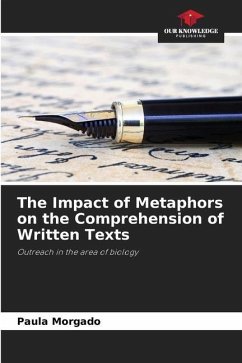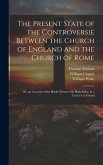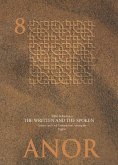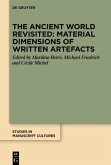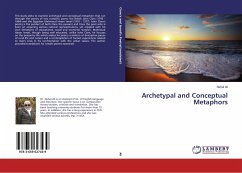Metaphor has been the subject of interest in a wide range of disciplines such as Philosophy, Logic, Rhetoric, Semantics, Linguistics, since centuries past. In the Aristotelian tradition, metaphor was confined to the rhetorical and literary sphere and was understood as a process of transfer by which the name of one thing is assigned to another (Aristotle, 1959). However, with the advent of the cognitive sciences in the last decade of the 20th century, this phenomenon attracted renewed interest, as it was interpreted not as a mere rhetorical device of the poetic imagination, but as a cognitive mechanism that permeates everyday communicative interactions (Lakoff & Johnson, 1980). In the context of the latter discipline, the Cognitive Theory of Conceptual Metaphor was formulated (Lakoff & Johnson, 1980; 1999; Lakoff, 1987; Rivano, 1997).
Bitte wählen Sie Ihr Anliegen aus.
Rechnungen
Retourenschein anfordern
Bestellstatus
Storno

